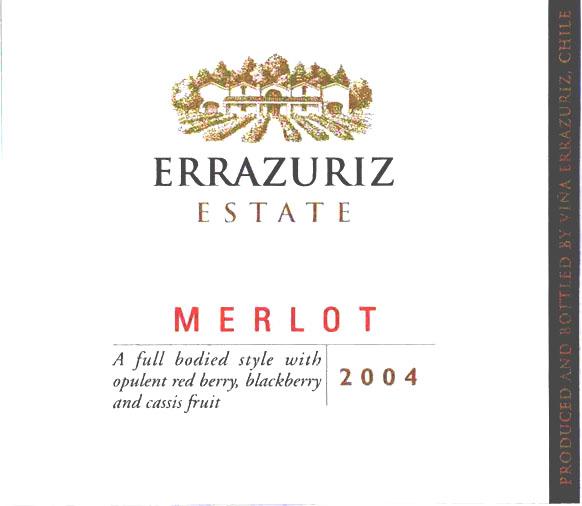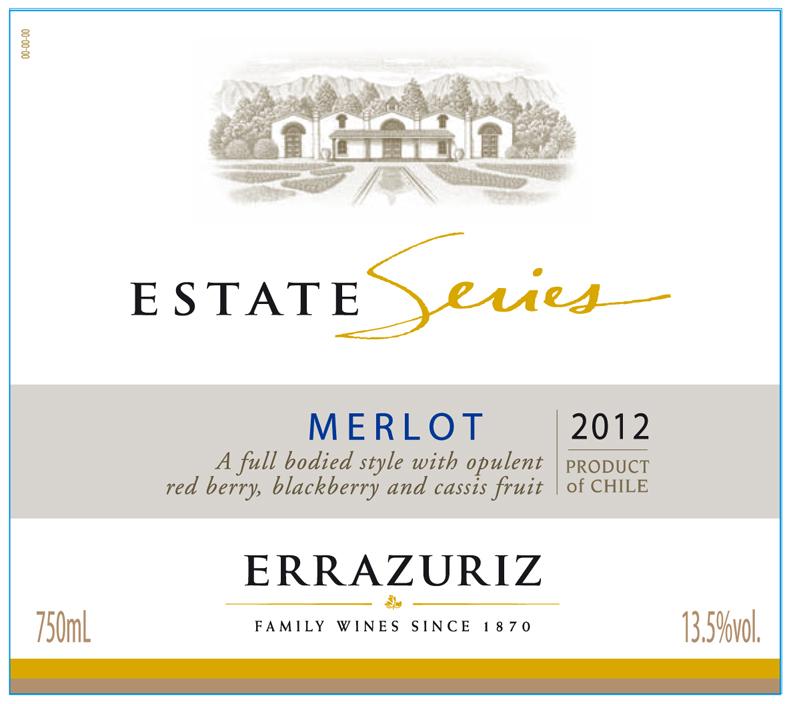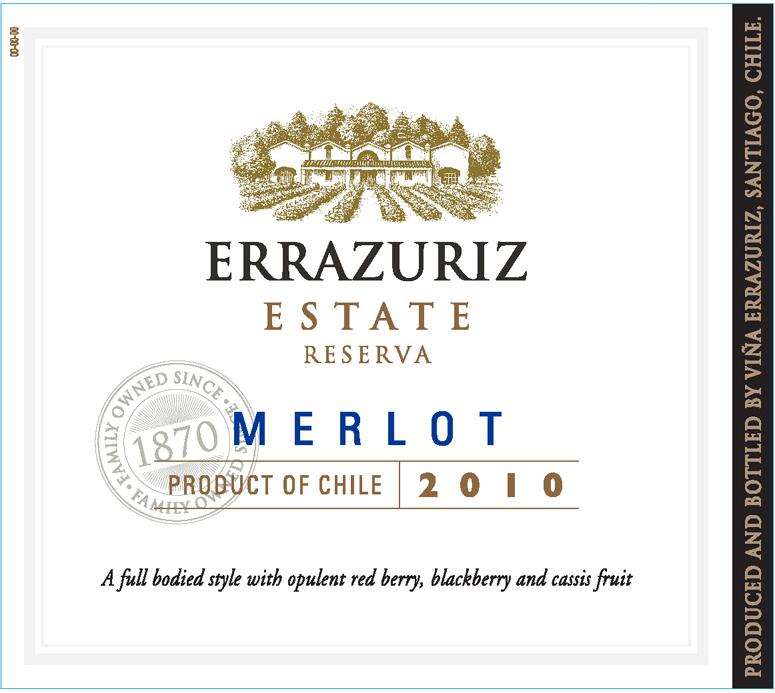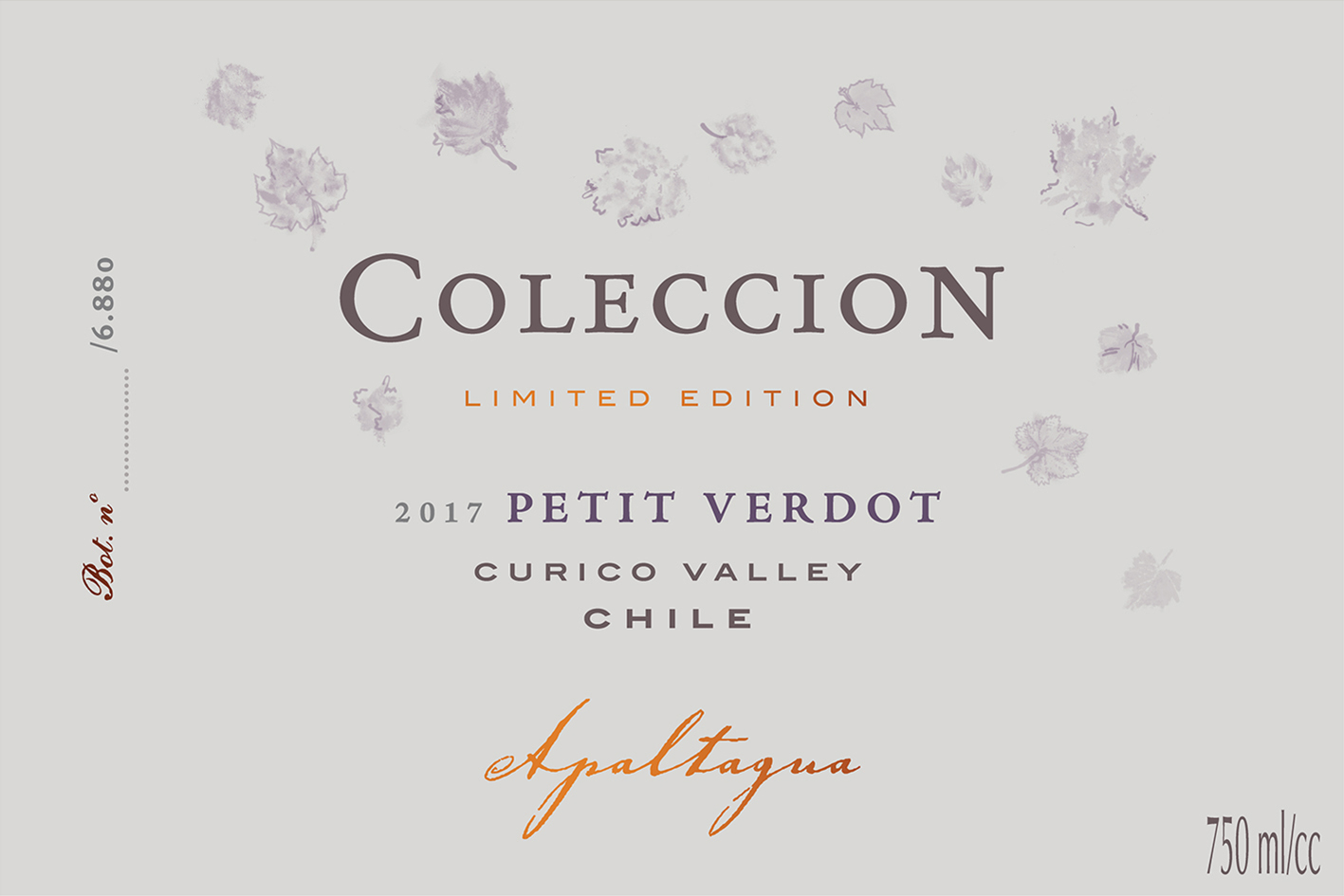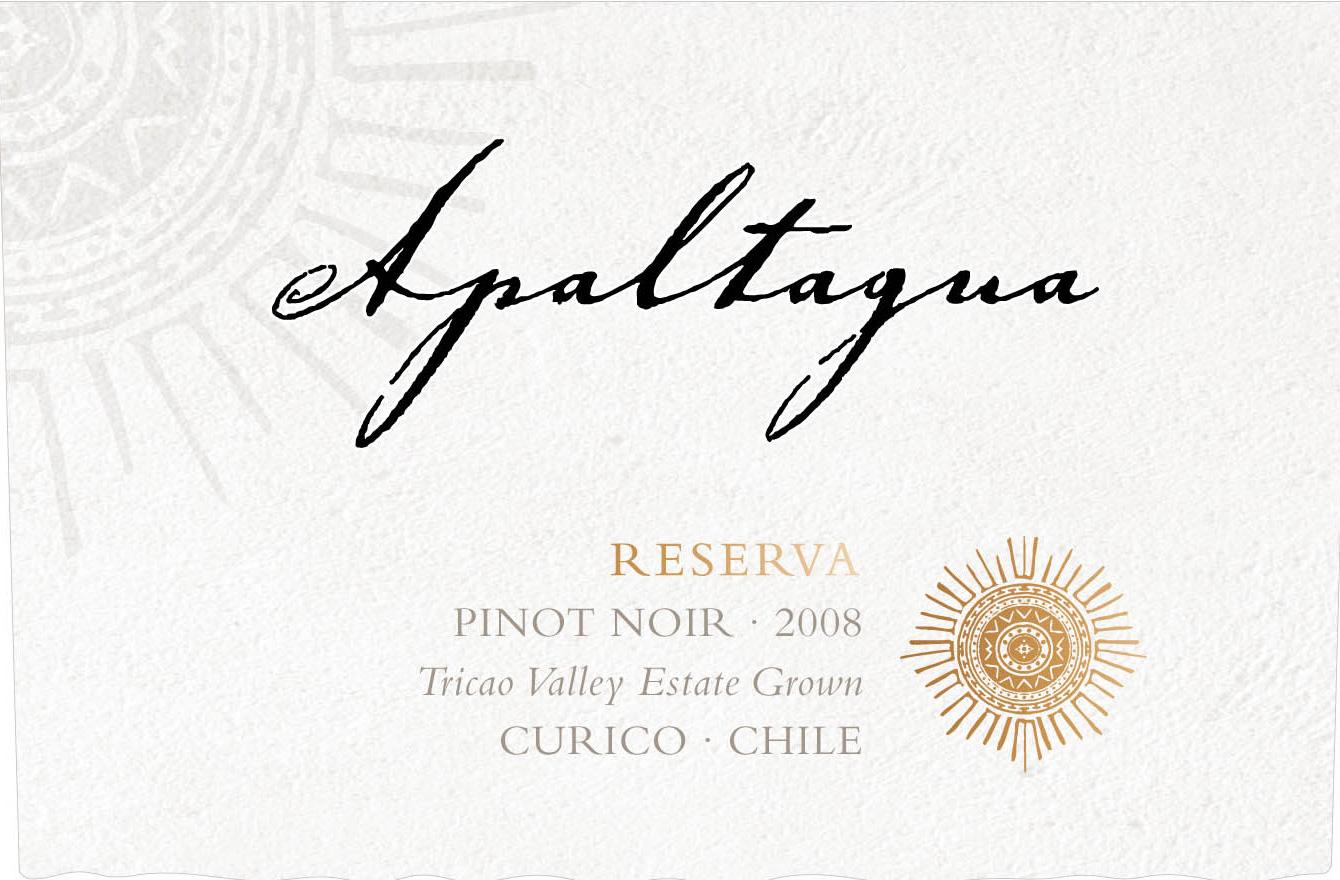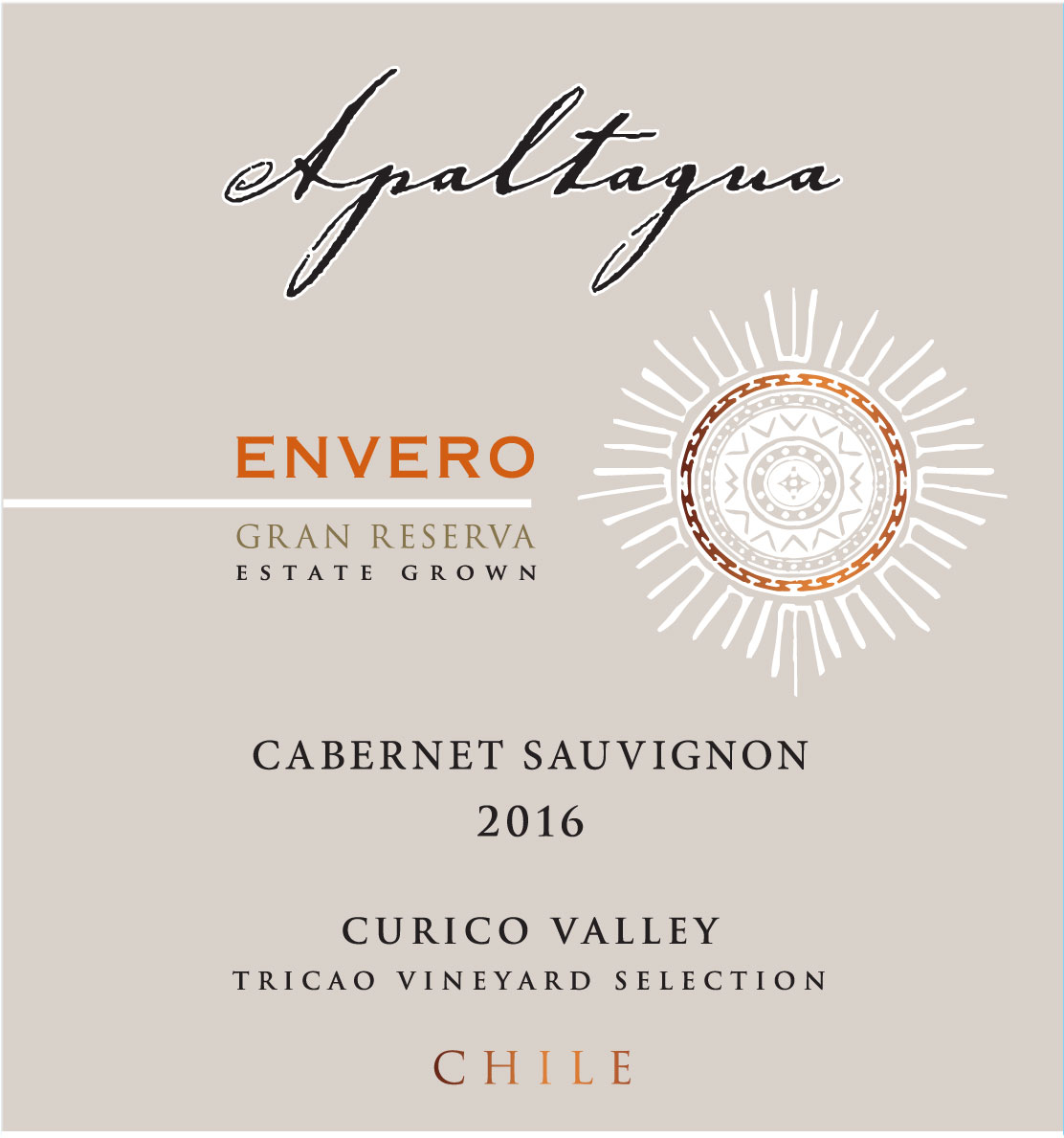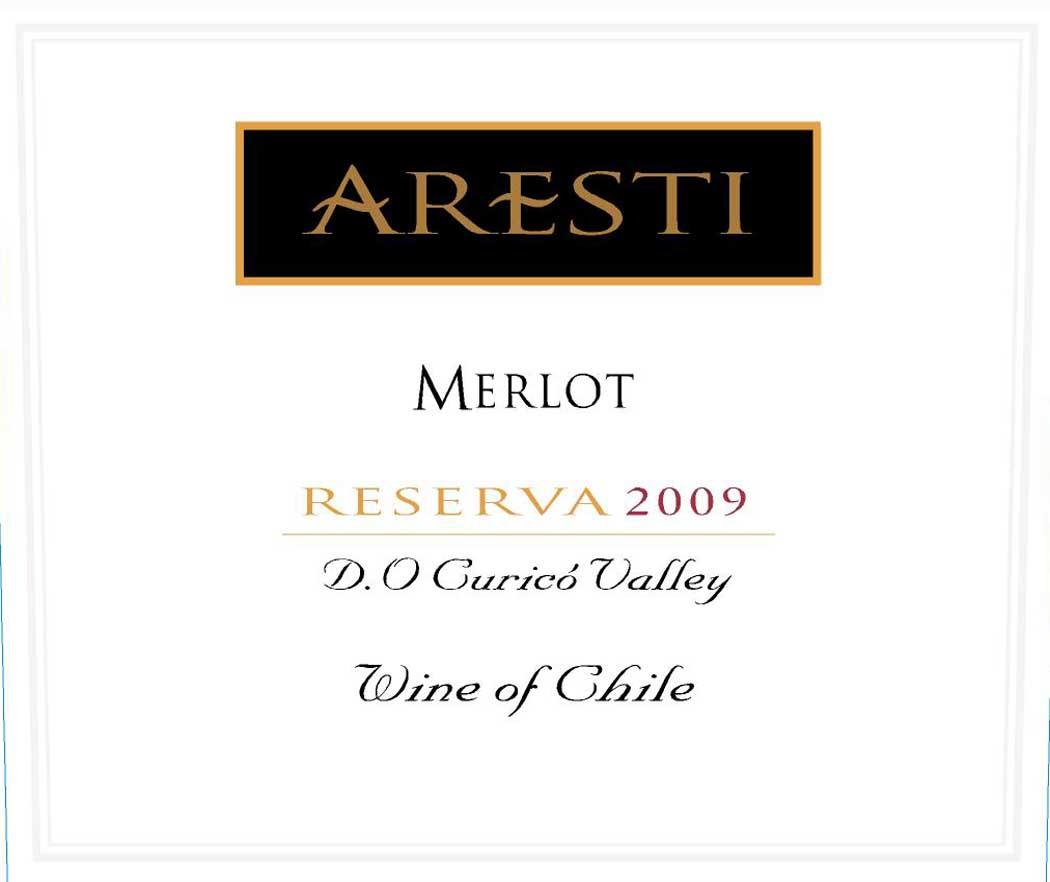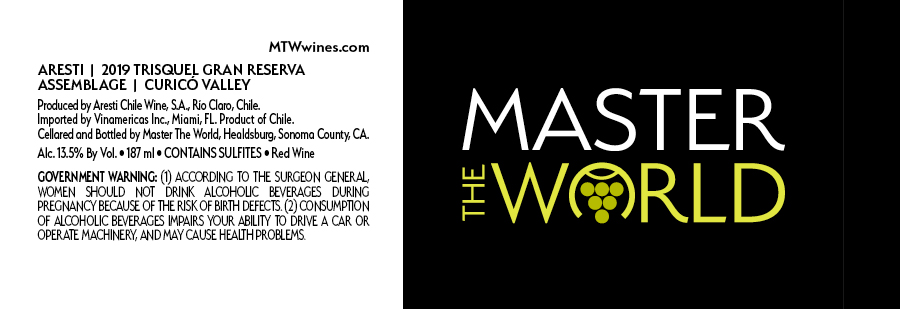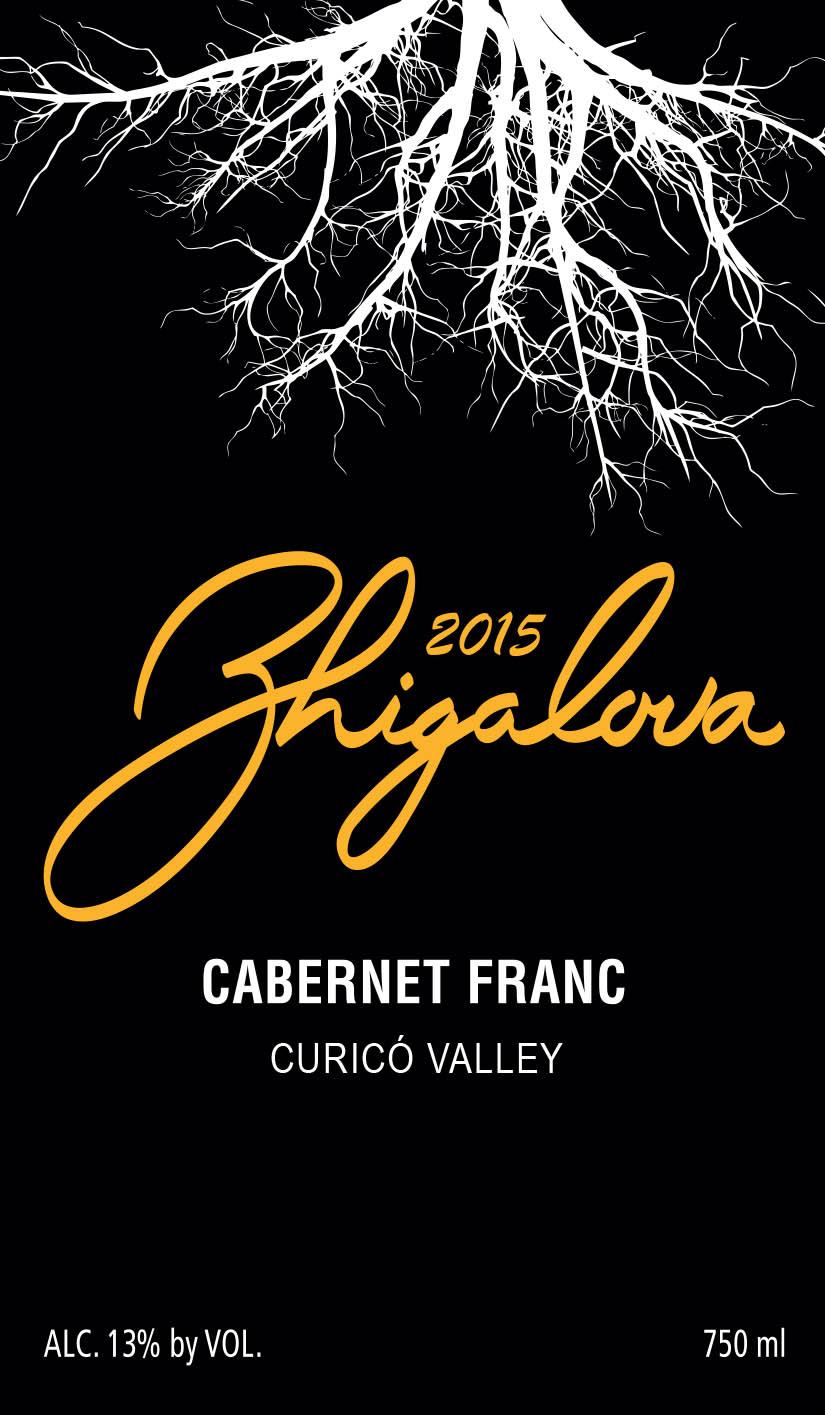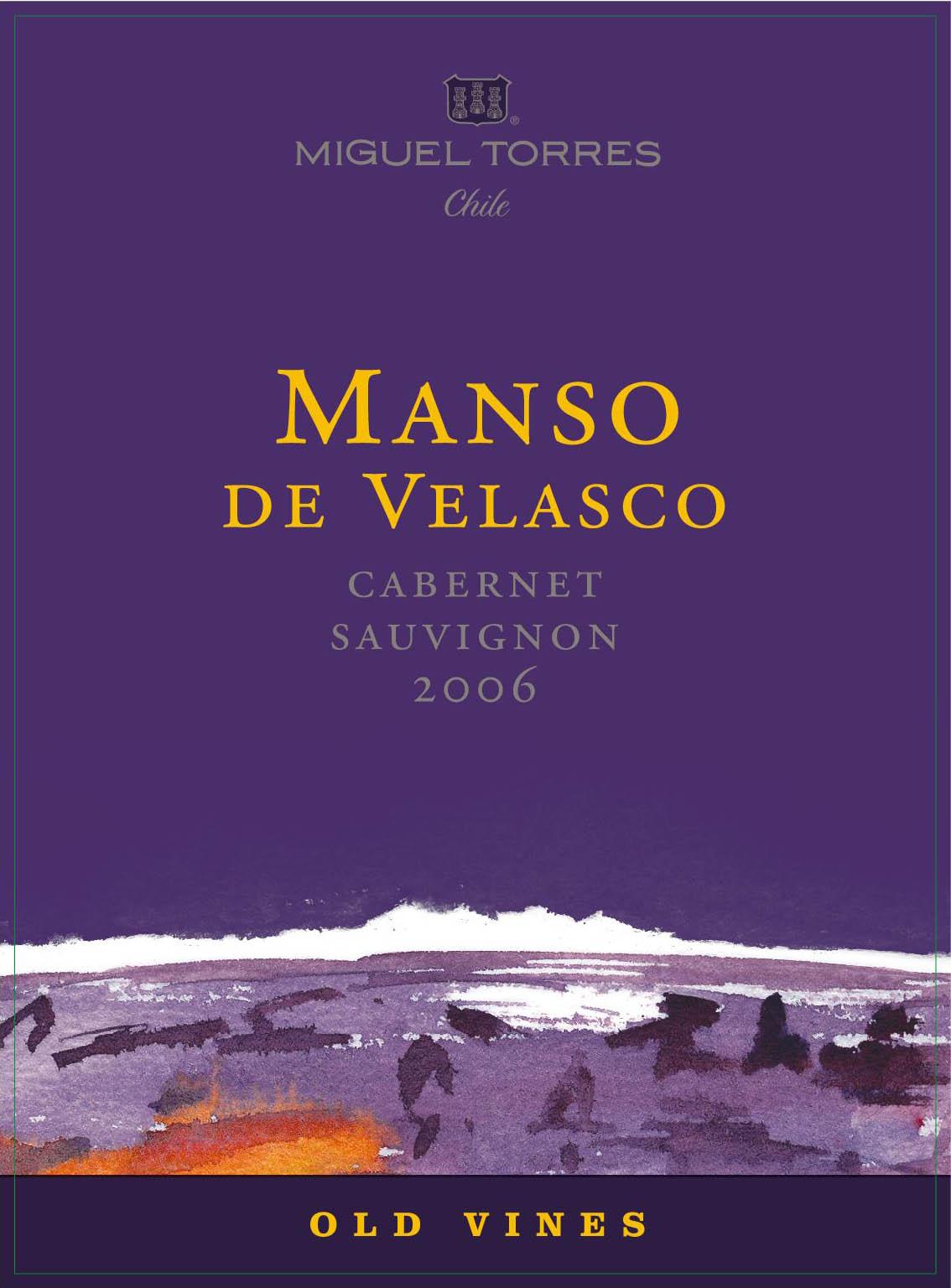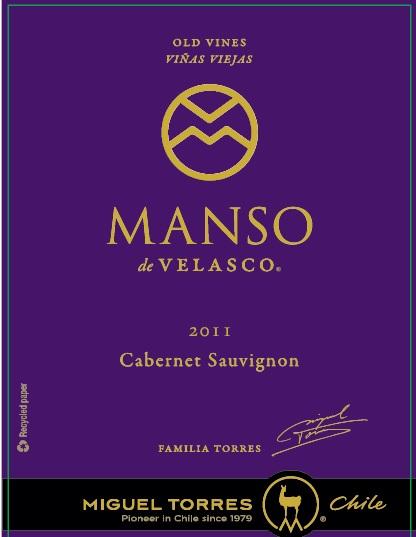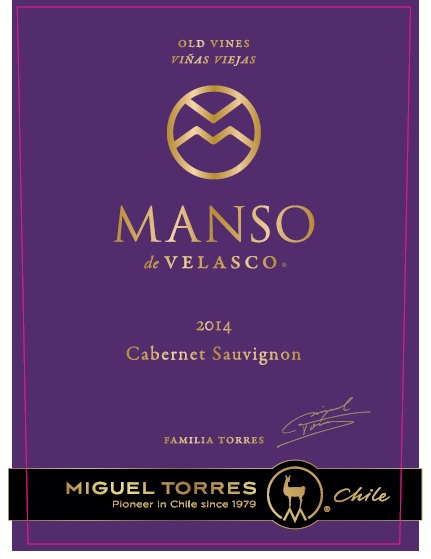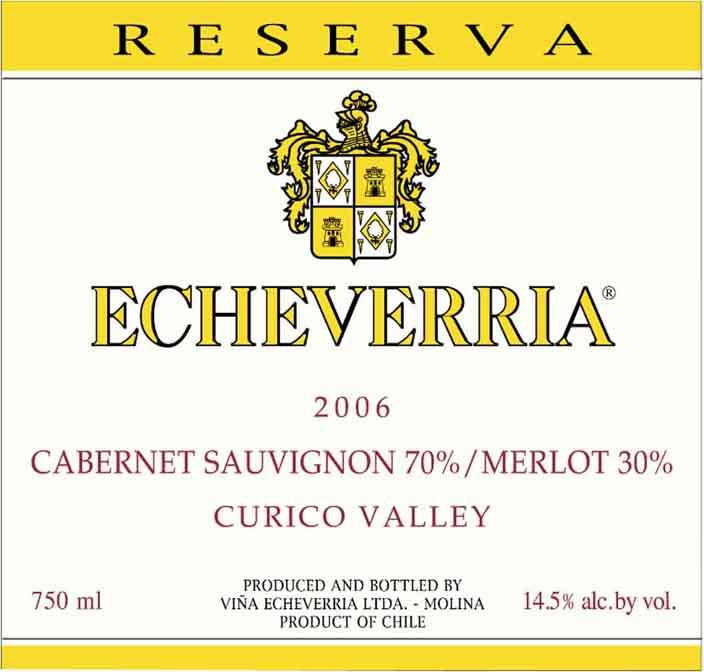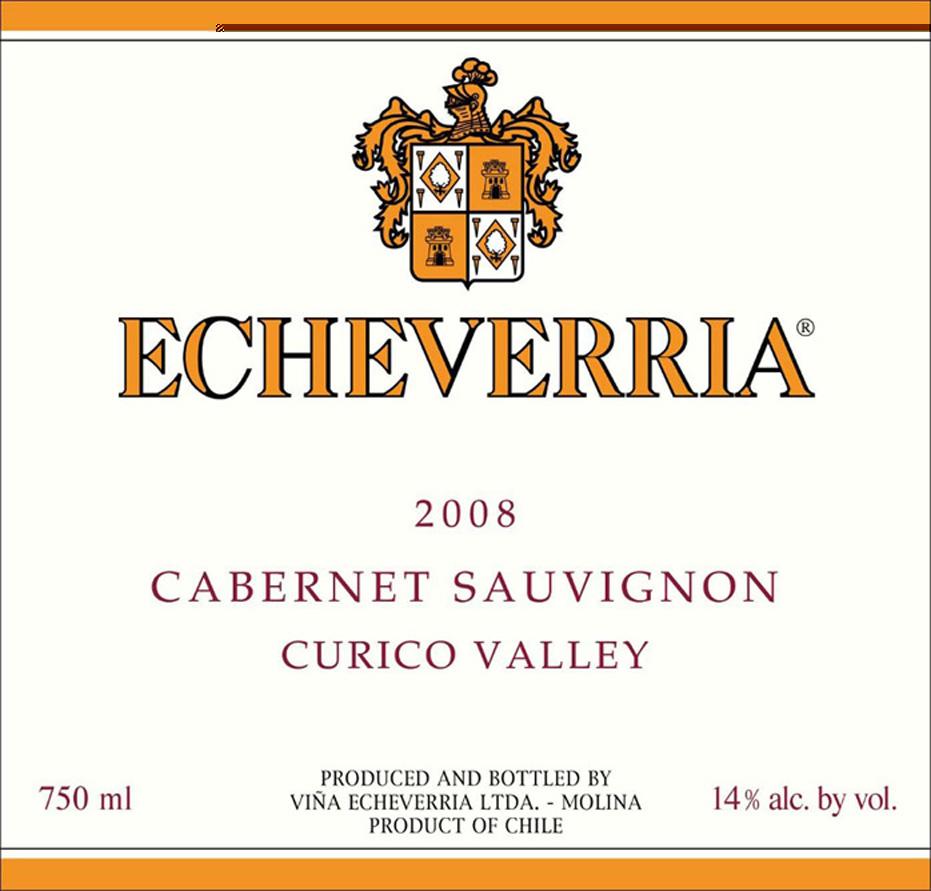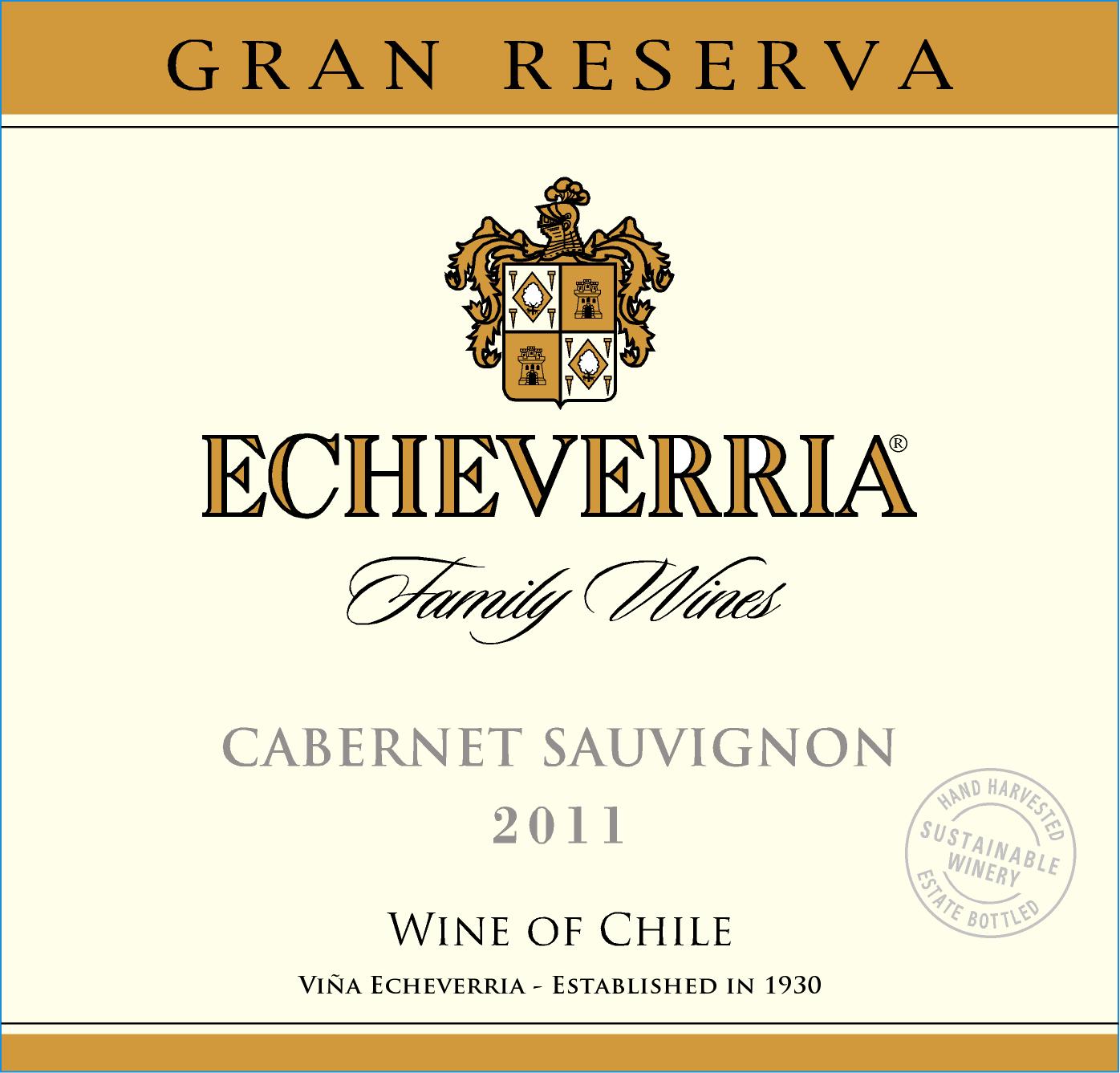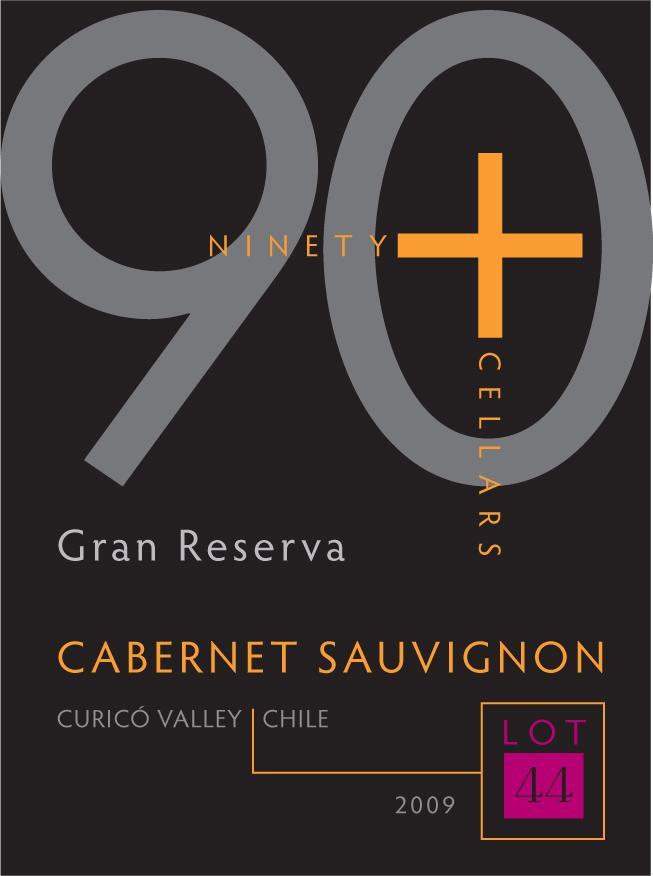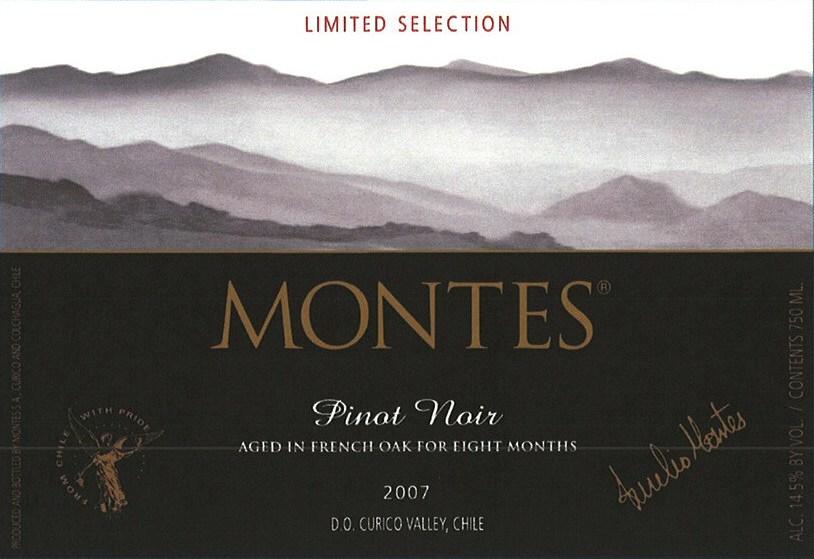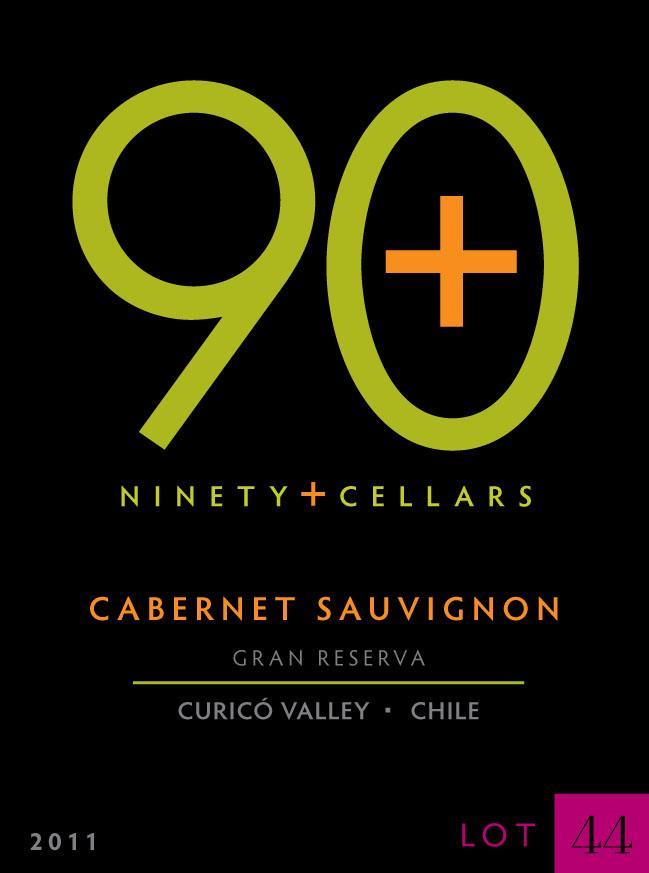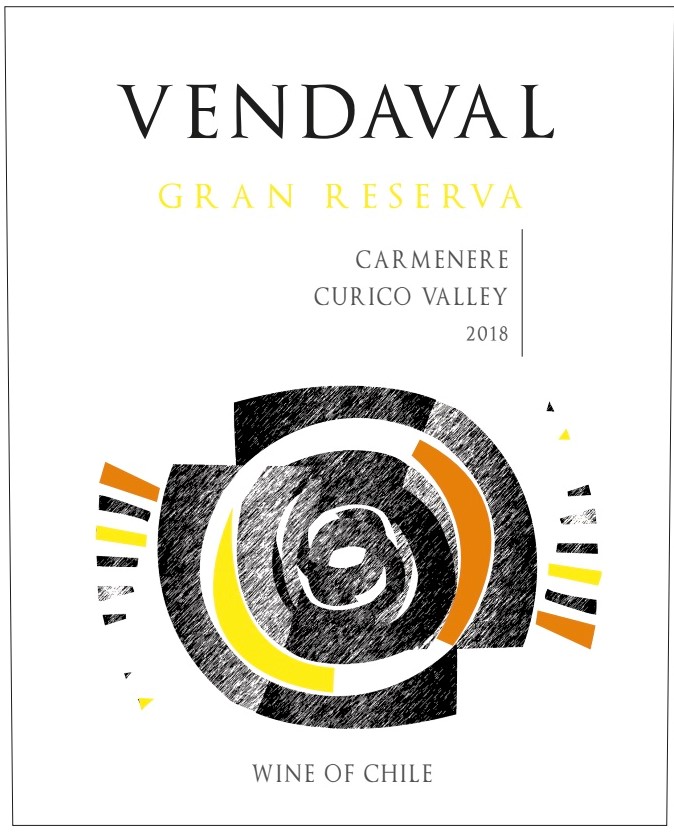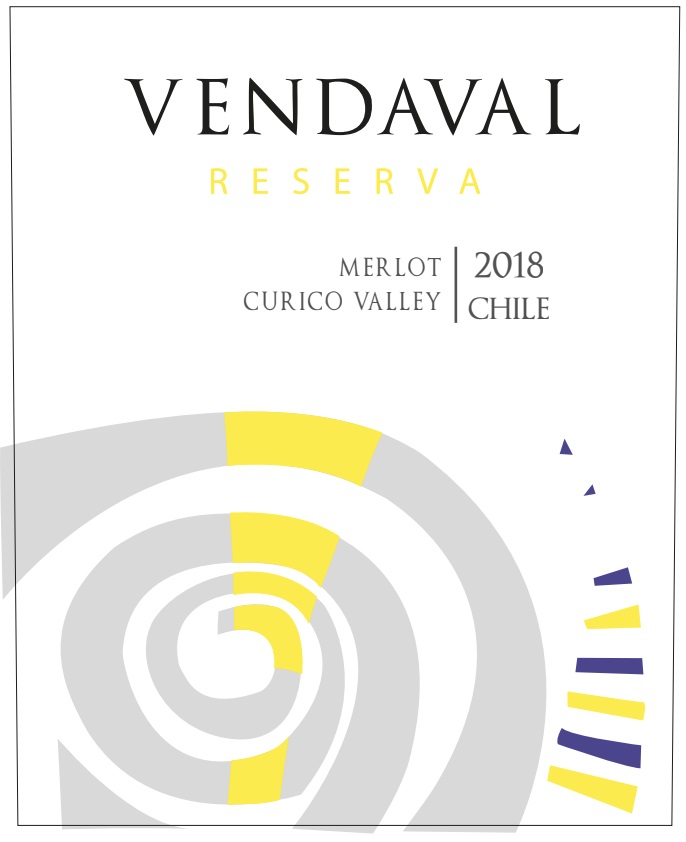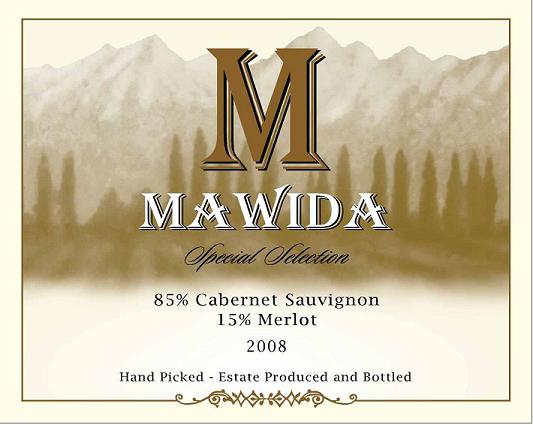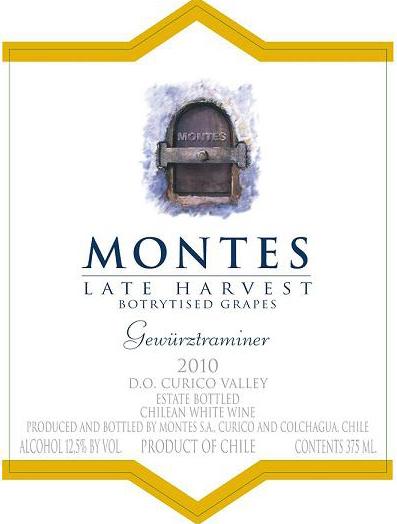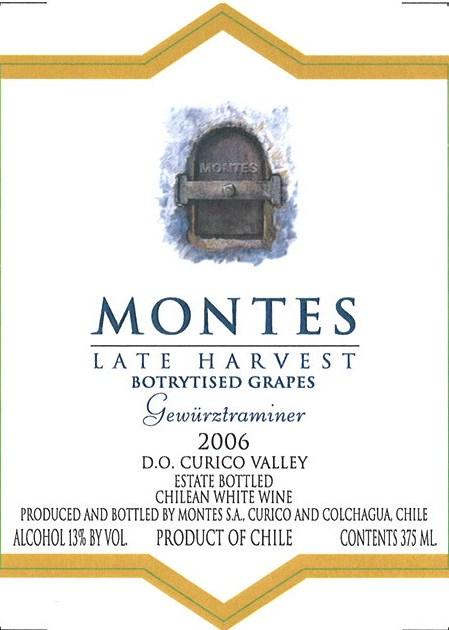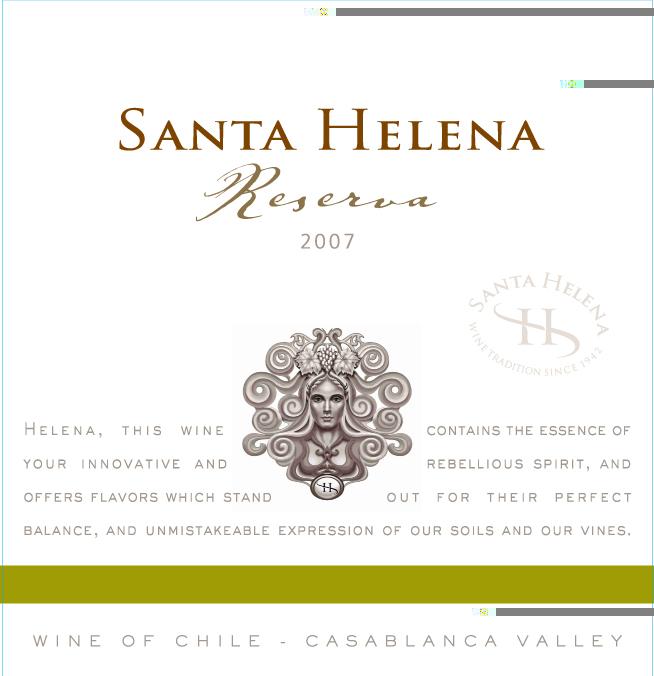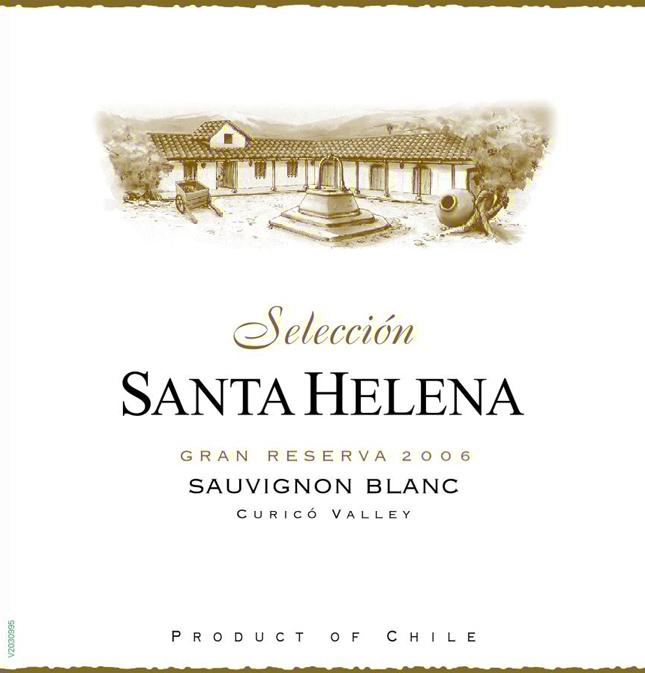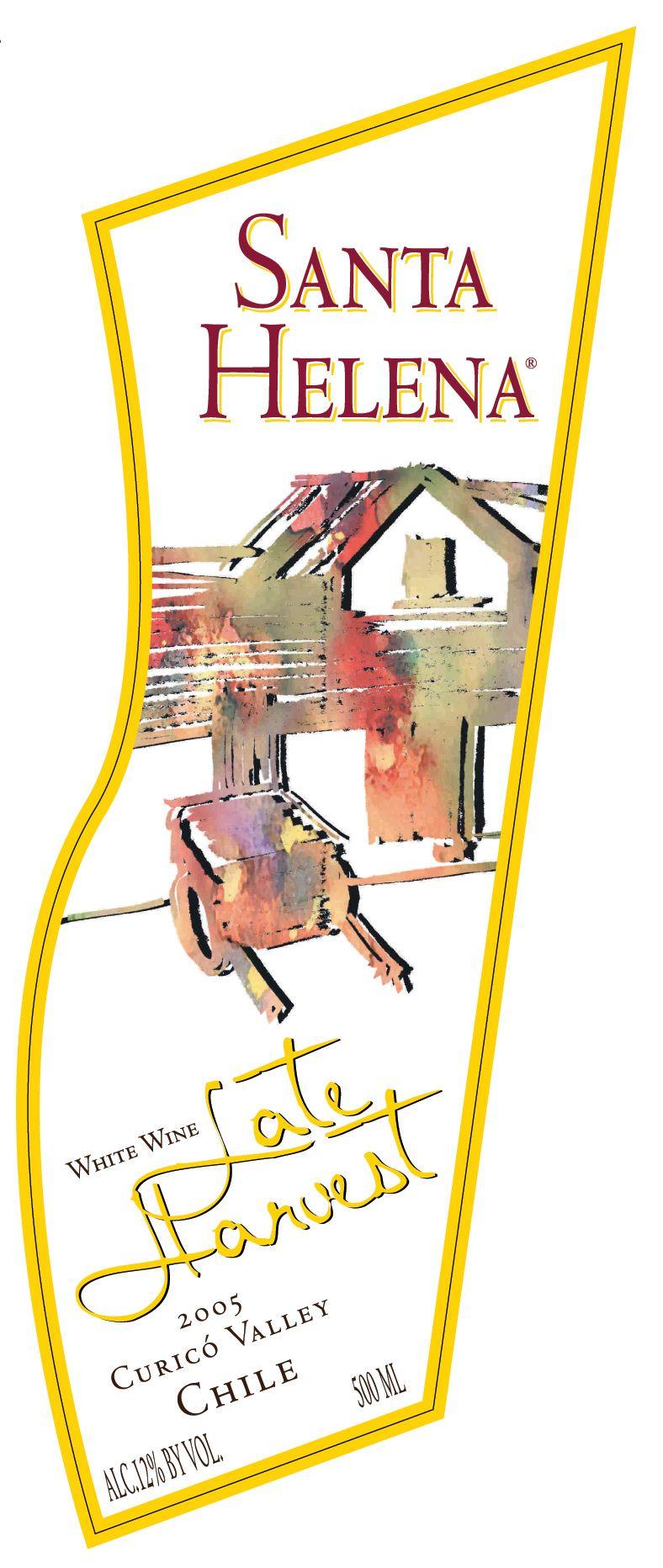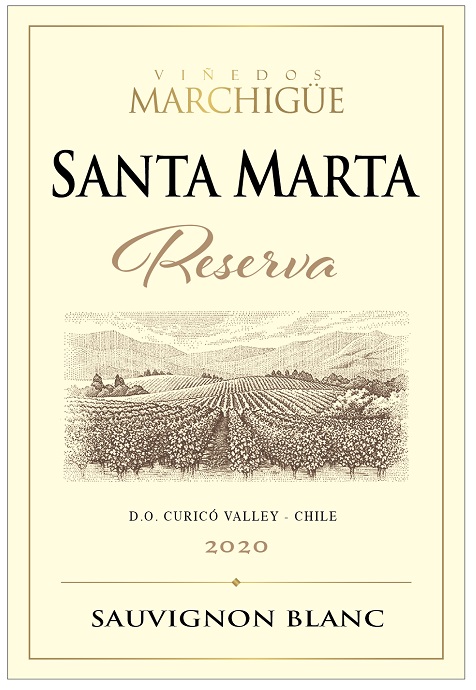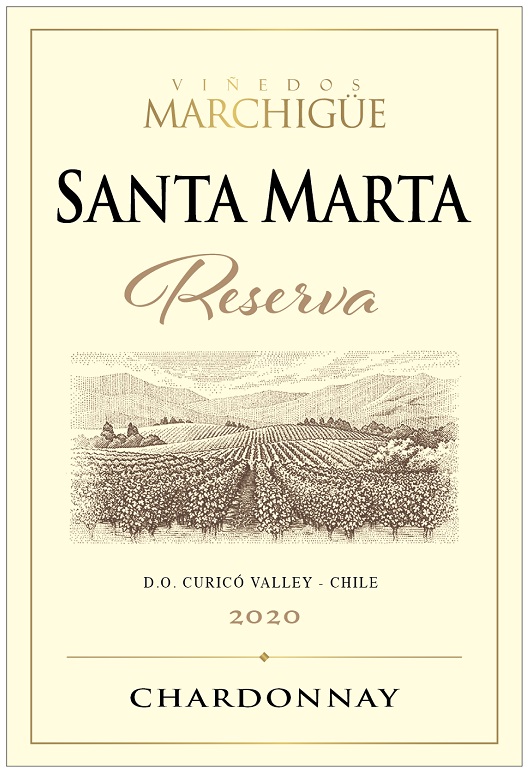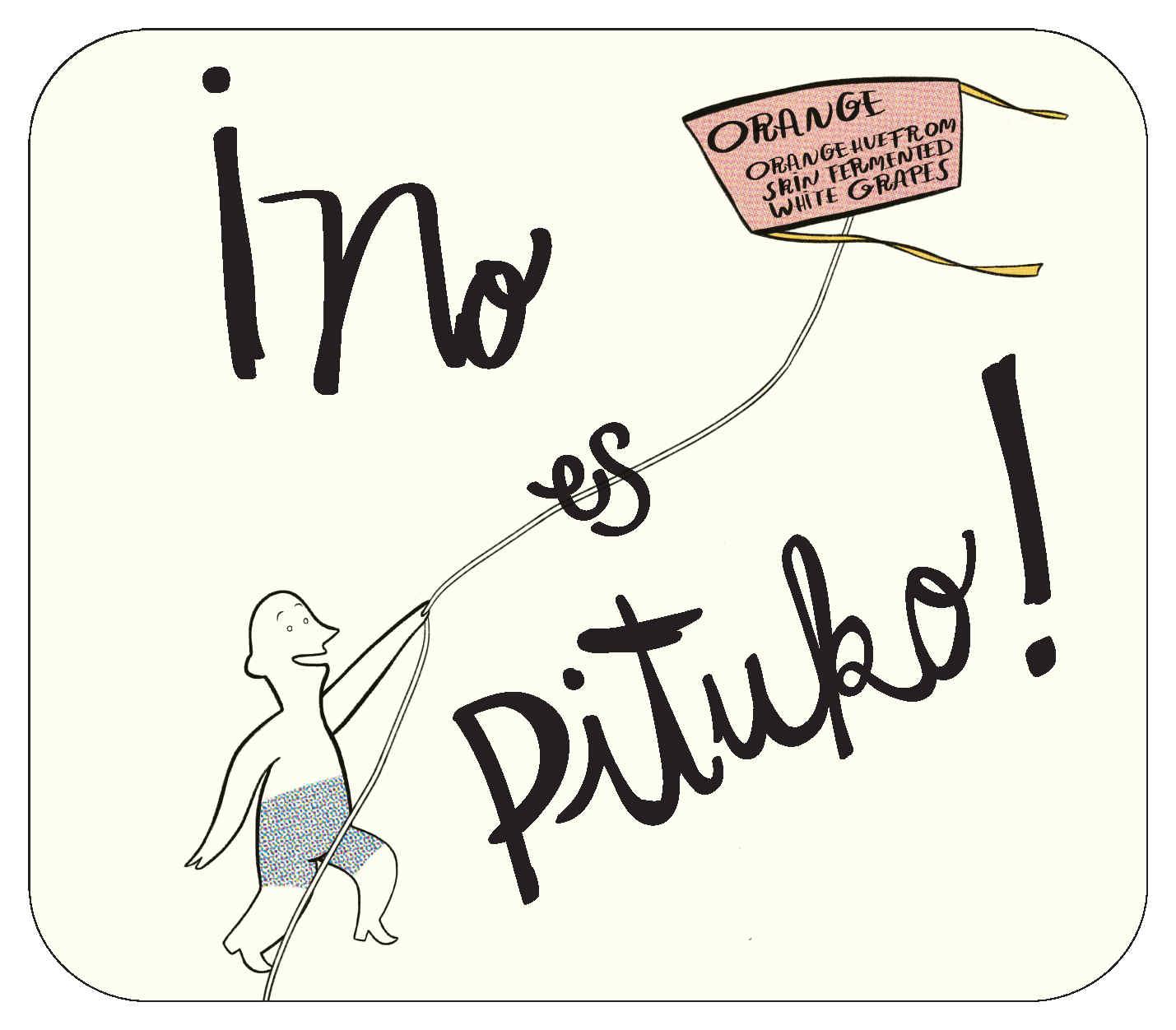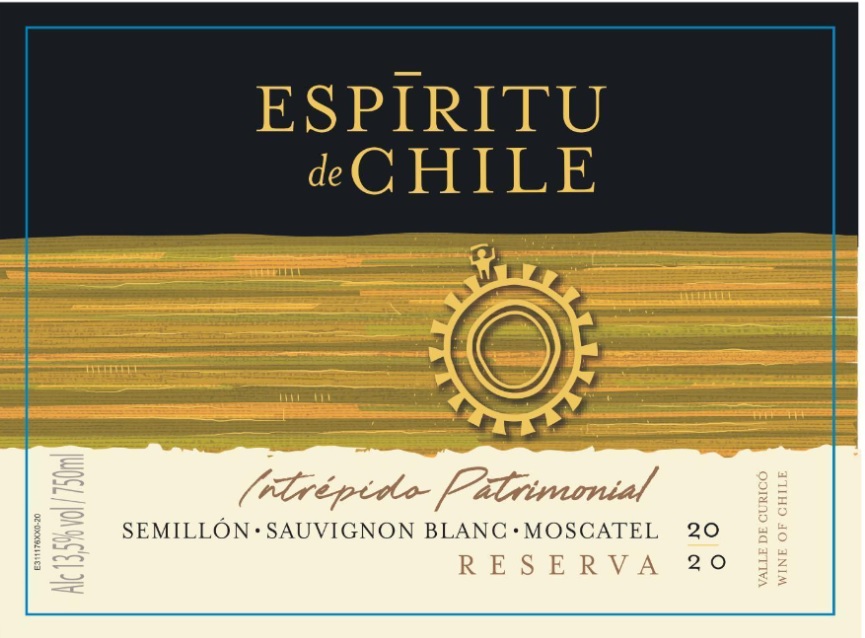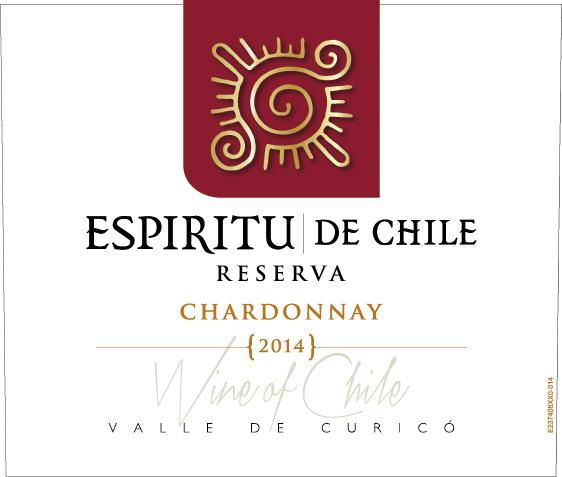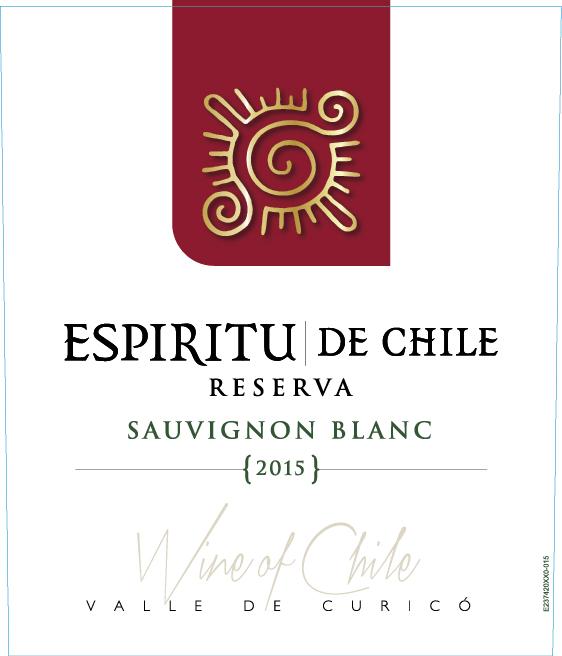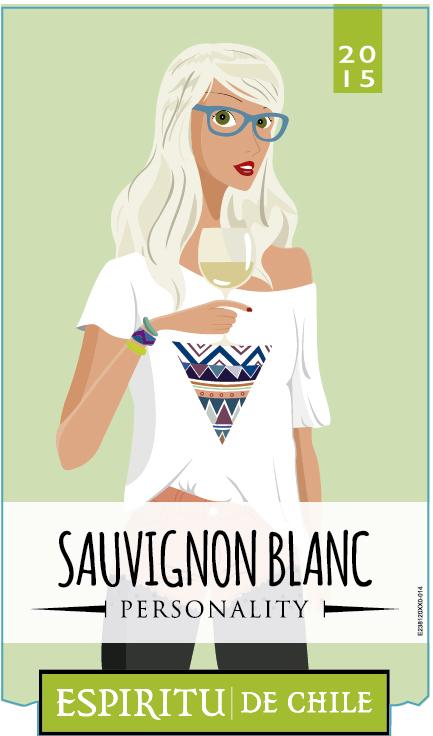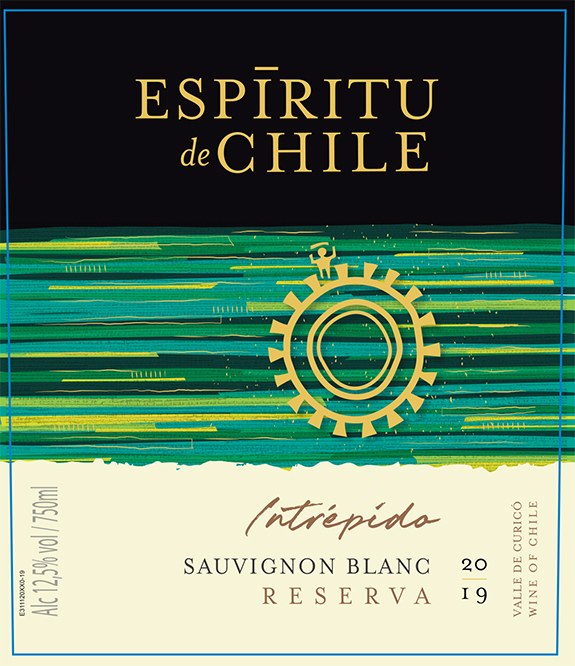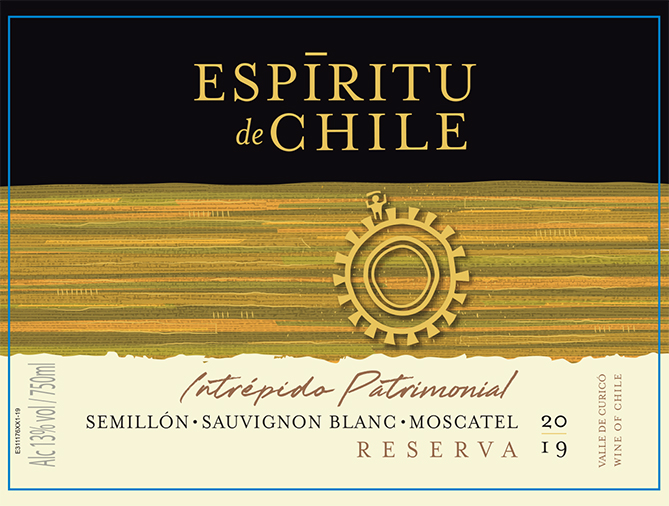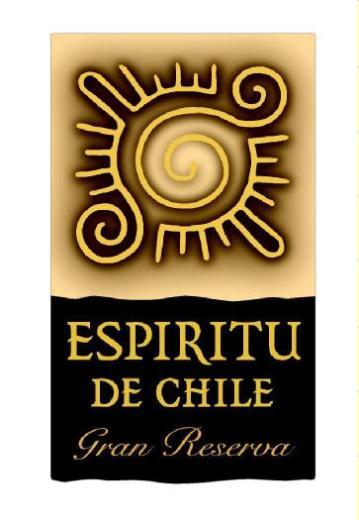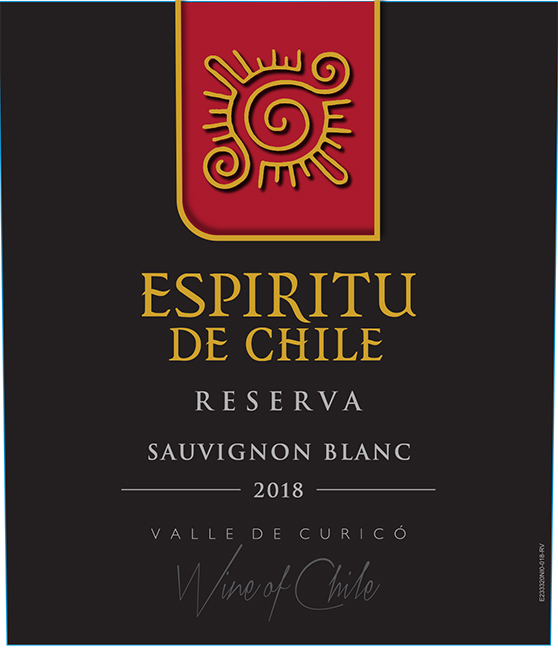Terroir of Curicó Valley
Curicó's terroir boasts a Mediterranean climate with hot, dry summers and cool nights, enhanced by Pacific breezes and mountain air. This climate helps grapes ripen fully while keeping their acidity, crucial for making wines with freshness and balance.
The landscape varies from valley floors to Andean foothills, affecting soil makeup. Higher elevations have rocky, volcanic soils perfect for white grapes like Sauvignon Blanc and Chardonnay, maintaining their lively acidity. The valley and lower slopes feature clay and loam soils that hold moisture, benefiting full-bodied reds such as Cabernet Sauvignon, Carménère, and Merlot. This soil variety allows ideal grape placement, boosting the region's quality wine production.
Phylloxera-free vineyards on original rootstocks add to the longevity and unique character of Curicó wines.
Notable Wineries in Curicó Valley
The Curicó Valley, an esteemed wine region in Chile, is renowned for its blend of historic and modern winemaking. Here, large estates coexist alongside boutique operations, each contributing to the valley's diverse wine offerings. The vast estates leverage their distribution networks to produce both classic central-valley reds and refined premium wines. Meanwhile, family-owned wineries offer small-batch wines that highlight the unique terroir, with some venturing into organic and biodynamic practices. Furthermore, several national wine companies operate in Curicó, utilizing local grapes to expand their portfolios.
-
MontGras: Known for its innovative winemaking techniques and commitment to sustainability.
-
Valdivieso: Famous for its sparkling wines and creative blends.
-
Echeverría: A family-owned winery focusing on traditional methods and high-quality varietals.
Sustainable Winemaking in Curicó Valley
In Curicó, sustainability aligns seamlessly with national standards, with many vineyards adopting a code focused on responsible resource use and social responsibility. Efficient water management is achieved through advanced drip irrigation systems that respond to soil moisture levels, while cover crops aid in preventing erosion and enhancing soil health. Integrated pest management is widely practiced to minimize chemical use, reflecting the region's commitment to ecological balance.
Growing interest in organic and biodynamic certifications is evident as producers aim to enhance their environmental footprint. Solar-powered and gravity-flow wineries, along with eco-friendly packaging, are increasingly common, supporting the protection of natural resources and sustainable vineyard health. These initiatives not only ensure the longevity of Curicó's vineyards but also fortify the region's esteemed position in Chile's wine industry.
Wine Tourism in Curicó Valley
Curicó Valley, a notable wine region in Chile, offers rich wine tourism opportunities. Vineyard tours and tastings allow visitors to experience both large estates and intimate, family-owned wineries.
The official Ruta del Vino del Valle de Curicó provides a trail through the region, ideal for cycling, with e-bike options available in summer. Festivals like the Vendimia celebrate the harvest with grape-themed events and cultural festivities.
Accommodations range from rural inns to boutique hotels, often featuring farm-to-table dining that pairs local dishes with regional wines. Located just a few hours from Santiago, Curicó is accessible by car or train, making it easy to explore. The region's commitment to sustainability, with practices such as organic farming and eco-friendly packaging, enhances the wine tourism experience, showcasing Curicó's dedication to preserving its natural and viticultural heritage.



